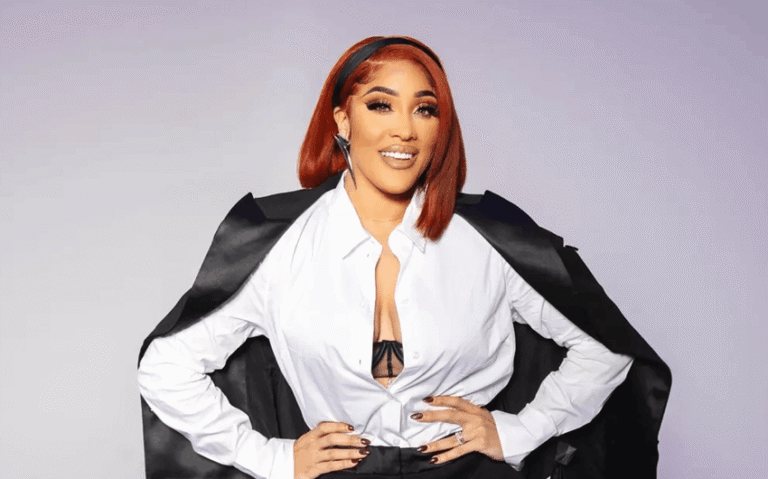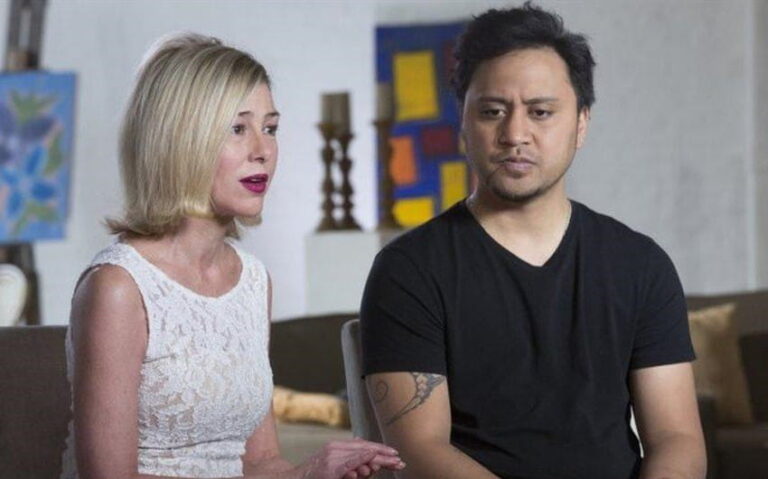When Conversations Feel Real: Notes on Listening Without a Script
Some conversations end and you forget them before the next sip of tea. Others linger. They echo. They soften something inside you or crack something open. You walk away changed—not because the words were perfect, but because the space between you felt real.
I’ve been thinking about that kind of conversation—the kind that feels like something. Not performative, not polite, not rehearsed. Just honest. Present. Human.
They don’t happen by accident. They happen when someone is willing to really listen—without waiting to talk, without checking out, without filtering everything through their own need to respond.
They happen when we drop the script and meet each other in the middle.
What Gets in the Way
I used to think I was a good listener. I nodded at the right times. I maintained eye contact. I gave affirming sounds. But inside, I was preparing my reply. Or anticipating the direction. Or fixing. Or subtly shifting the conversation back toward something I could say.
I wasn’t listening. I was performing listening.
We’ve all done it. Not out of malice, but because real listening is rare—and hard. It requires presence. Humility. A willingness to stay with what’s being said without reshaping it into something easier to handle.
Most of us are trained to converse like ping-pong players: fast, reactive, clever. But the conversations that stay with me don’t feel like games. They feel like rivers. And the best thing you can do in a river is stop trying to control the flow.
What Real Listening Feels Like
When someone listens—really listens—you feel it in your body. You slow down. You stop reaching for the right words because you sense they’re not being judged. You say things you didn’t know you needed to say.
It’s not just about the listener being quiet. It’s about their attention becoming a kind of invitation. A quiet, open space where something unpolished is allowed to arrive.
I’ve had conversations where someone held that space for me. I didn’t walk away with solutions. I walked away with something better: clarity. Relief. The sense that I’d been witnessed, not fixed.
Listening Without a Script
We all carry mental scripts into conversation. Ways we’re supposed to respond. Questions we’re supposed to ask. Stories we’re waiting to insert. Social scripts keep things flowing. But they can also keep things shallow.
Listening without a script means releasing your agenda. It means staying curious instead of certain. It means resisting the urge to tie things up too soon, to make it neat, to fix the feelings that are surfacing.
Some of the most powerful things we can say in response are:
- “Tell me more.”
- “That sounds hard.”
- “What was that like for you?”
- “I don’t know what to say, but I’m here.”
You don’t have to be profound. You just have to be present and open. That’s enough.
What I’ve Learned by Listening More
The more I listen, the more I realize how rare it is for people to feel heard. We’re surrounded by noise, but not always by connection. We speak faster and post louder, but much of it feels like shouting into the void.
When you become a person who listens, you become a place where people can land. You make it safer to be honest. You give permission for messiness, uncertainty, pauses. And often, what people most need isn’t advice—it’s room.
Room to feel what they feel. Room to hear themselves think. Room to not be alone in their questions.
Practical Ways to Listen More Deeply
Deep listening doesn’t mean sitting silently like a statue. It means tuning in fully. It means showing with your face, body, and breath that you are with them. Here are some things that help me stay in that space:
- Put your phone out of sight. Even face down, it distracts. Even on silent, it whispers. Hide it.
- Notice your impulse to interrupt. Don’t shame it. Just notice it. Then let it pass.
- Pause before responding. Even one or two seconds can deepen the space between thoughts.
- Ask questions that open, not close. “What happened next?” is better than “Why didn’t you…?”
- Let silence stretch. Silence isn’t awkward. It’s fertile. It gives space for reflection, for truth to arrive.
What Happens When You’re Heard
I still remember the first time someone held silence for me—not out of disinterest, but as a gift. I spoke, paused, and expected the usual quick reply. Instead, they nodded gently and let the air stay still. And in that stillness, I said more. I dug deeper. I surprised myself.
That moment taught me something: we speak differently when we’re truly heard. We become more honest. Less polished. More open. And that honesty heals in quiet ways.
You don’t need training in therapy to offer this. You just need to stay. Stay open. Stay curious. Stay present.
Why Real Conversations Matter
In a world that rewards speed and spectacle, slowing down for a real conversation is an act of resistance. It’s a way of saying: this moment matters. This person matters. I’m not somewhere else. I’m here—with you, in this, now.
It doesn’t have to be dramatic. A real conversation might happen at a kitchen table, in a parked car, during a quiet walk. What makes it real is presence. Vulnerability. Care. The absence of performance.
And when you’ve had one, you remember it. Your body remembers. Your heart does too.
Try This: One Conversation This Week
Reach out to someone you care about. Make time. Set aside distractions. And simply ask, “How are you—really?” Then listen. Not to reply. Not to fix. Just to witness.
Let the words come slowly. Let the silence be part of the music. Let your attention be a kind of shelter.
You might be surprised what arrives in that space.
A Closing Thought
We are all carrying something. Often, we don’t need someone to carry it for us—we just need someone to walk beside us while we say it out loud.
That’s what real listening can do. It reminds us that we’re not alone. That we don’t need to be brilliant to be loved. That our stories matter, even when they’re messy and unfinished.
If you’ve ever felt the warmth of being truly heard, then you know: that moment doesn’t just pass—it plants something.
And if you can offer that to someone else, even once, you’ve done something deeply human. Deeply kind. And deeply rare.
— Ann Sims







